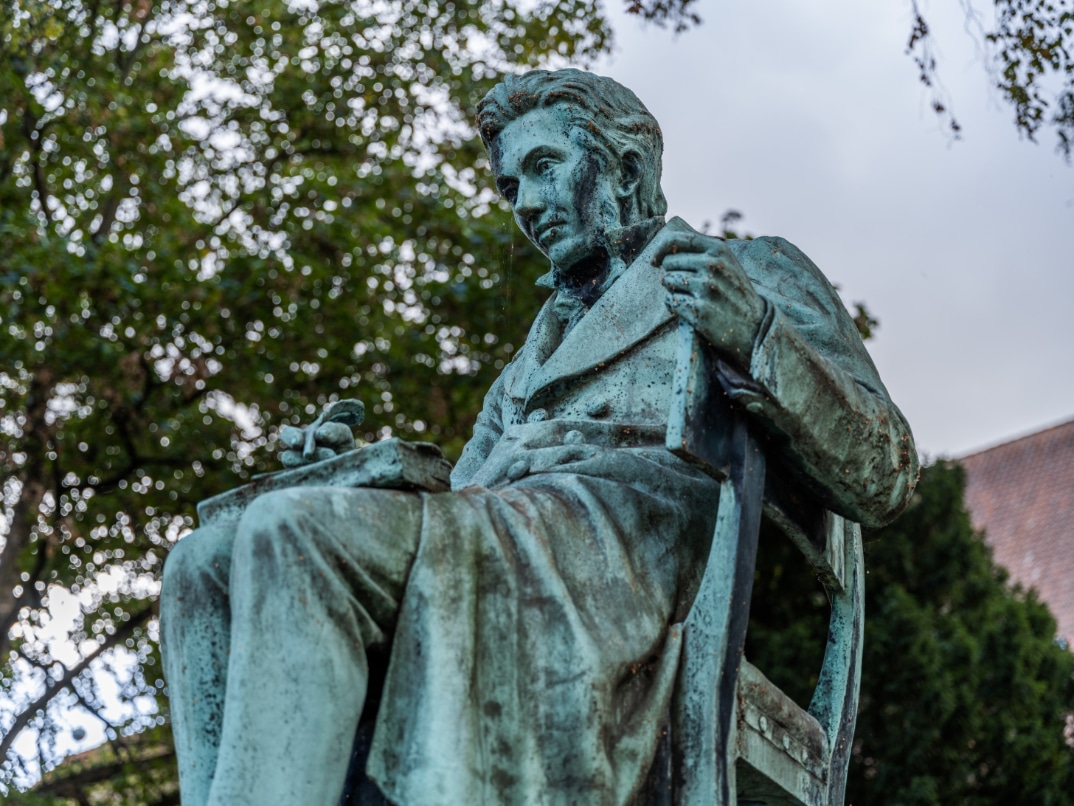Søren Kierkegaard, in his 1849 book “The Sickness Unto Death,” discusses the role of despair in life. He asserts that despair isn’t just a malady of the spirit, but a mechanism that steers individuals from their actual selves to their ideal selves. Kierkegaard argues that the self is a relation that relates to itself and imbalance in this relation manifests as despair. Yet, he also points out that despair plays an essential role in establishing our connection to the eternal, underlining the fact that having a self and being a self is the greatest concession given to man, and eternity’s claim on him.
Key Points:
- Kierkegaard views despair as an essential part of human existence and a necessary stage in personal development, serving to course-correct the ship of the self, steering it from the actual to the ideal.
- The self, according to Kierkegaard, is a relation which relates to itself, and despair represents an imbalance in this relationship. The disruption of the self’s relation to itself is seen as the root of despair.
- Kierkegaard warns against the desire to rid oneself of this self-relation in an attempt to eradicate negative feelings, as he believes this is an existential impossibility and only exacerbates despair.
- Paradoxically, Kierkegaard observes that despair also serves a life-affirming purpose. It emphasizes our connection to the eternal, asserting that the ability to despair at all underscores our access to the infinite.
- Kierkegaard’s exploration of despair has significant implications for our understanding of existentialism and the human condition, underlining the necessary interplay between despair and hope, the ephemeral and the eternal.
Source: https://www.themarginalian.org/2023/06/10/kierkegaard-despair/






